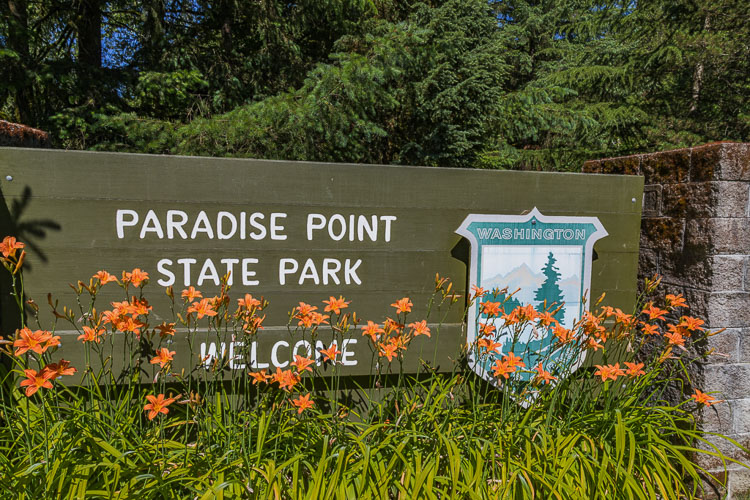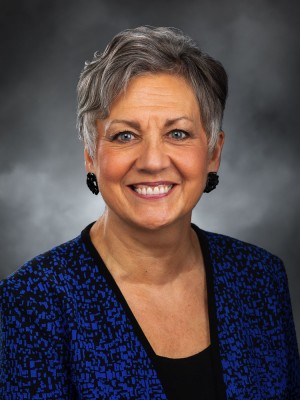
Session’s first week brings action on two proposals from 17th District senator
Sen. Lynda Wilson says the state should stop charging people to park at Washington’s state parks and other public lands. Her Senate Bill 5608 would eliminate the annual $30 Discover Pass and the $10 single-day fee charged to people who want vehicle access and don’t hold a Discover Pass.

Wilson’s legislation, which has bipartisan sponsorship, was the subject of a hearing today before the Senate Agriculture, Water, Natural Resources and Parks Committee. It’s the second of her prime-sponsored bills to receive a public hearing during this first week of the 2022 legislative session; yesterday the Senate Housing and Local Government Committee heard testimony about SB 5607, which aims to produce a more accurate count of the state’s homeless population.
“For more than a decade the state has had a paywall between the parks and the people they are intended to serve. It’s time to get rid of the regressive parking fees and free the parks so everyone can enjoy them, regardless of their income,” said Wilson, (Republican, Vancouver).
Wilson noted visits to state parks have declined by an average of 7 million annually since the Discover Pass requirement became law – equal to a 14 percent annual decline, even though Washington’s population has grown by more than 1 million since 2011.
“The budget situation that led to the creation of the Discover Pass in 2011 no longer exists,” she said. “Back then our state was coming out of the Great Recession, and the Legislature was faced with deficits. Now we’re looking at a budget surplus exceeding 10 billion dollars. It would take a fraction of that surplus to restore full access to the free recreational opportunities that our parks and public lands offer.”
Last year, in a policy paper about reducing homelessness, Wilson put a spotlight on how official counts conducted at the county level understate the extent of Washington’s homeless population. Her SB 5607, which also has bipartisan sponsorship, would direct counties to also count persons who are homeless but are in jails and hospitals, rather than on the street, on the night of the “point in time” count.
“Our local governments deserve credit for undertaking the annual count of their homeless populations,” Wilson said, “but if one in four homeless people are in jail or a hospital at that particular point in time, as happened recently in Thurston County, then the homeless situation appears to be less than it truly is. It also keeps legislators from appreciating the burden being placed on hospitals and jails. Better data translates to better public policy, and that’s what my bill is intended to produce.”





We need to keep the discover passes for our state parks. They are clean, well kept and a place for families to camp at a reasonable price. Park rangers who live nearby are able to keep an eye on things to maintain the park for all guests. Without fees I’m afraid they would start looking like the rest areas where homeless people have taken over and it does not feel safe to stop to rest anyone. Thank you for letting me voice my concerns.